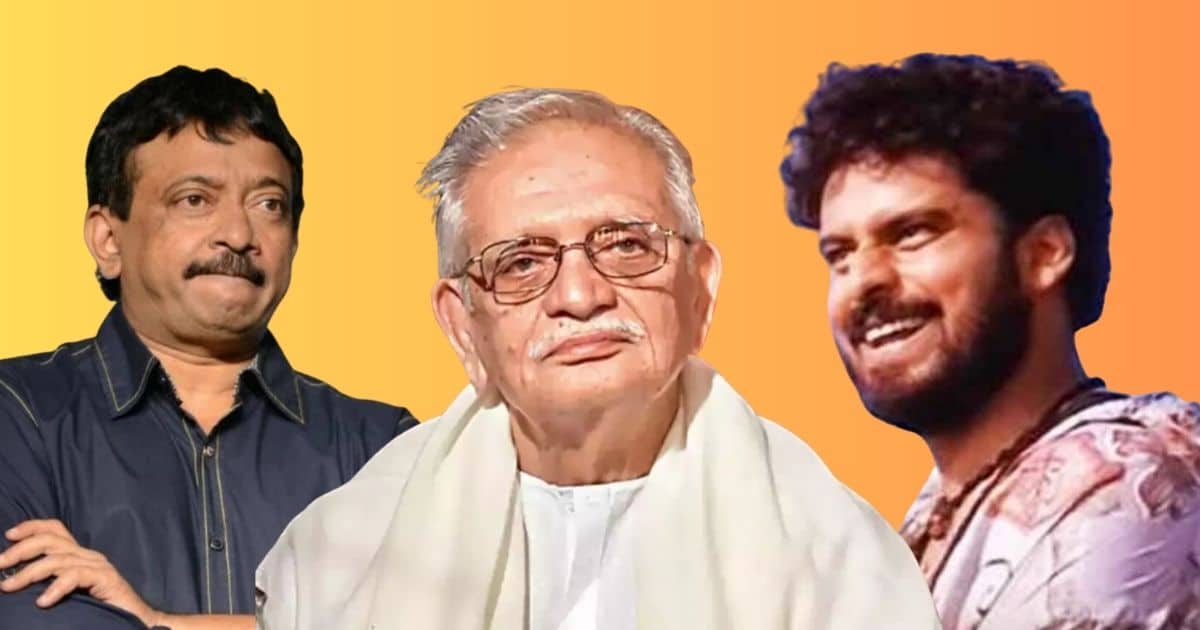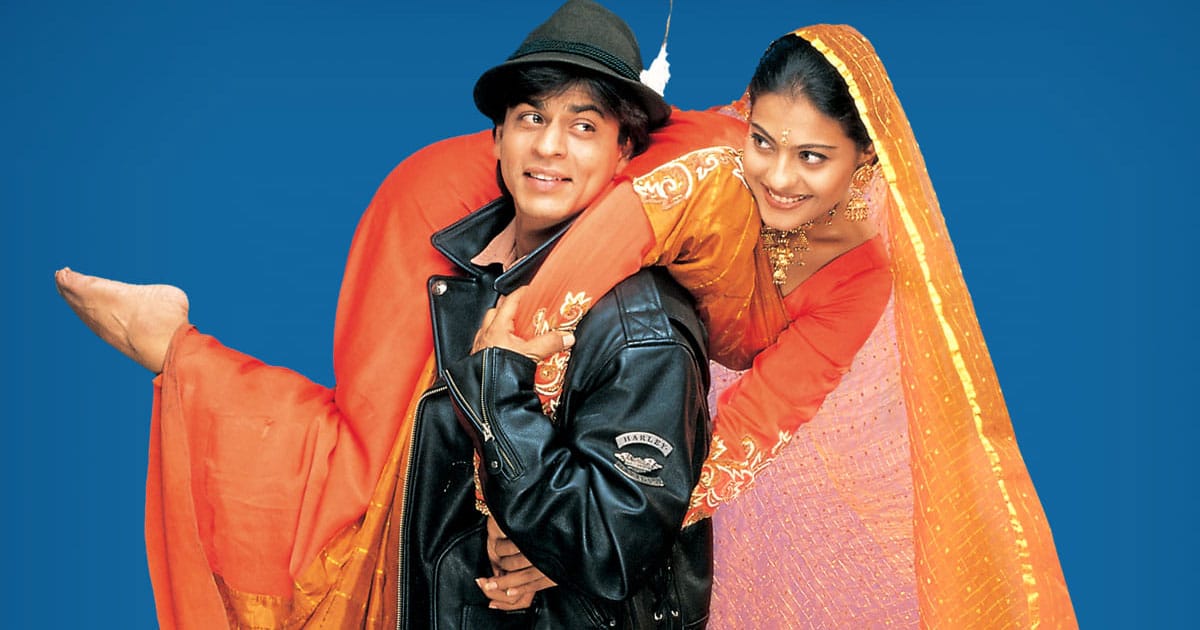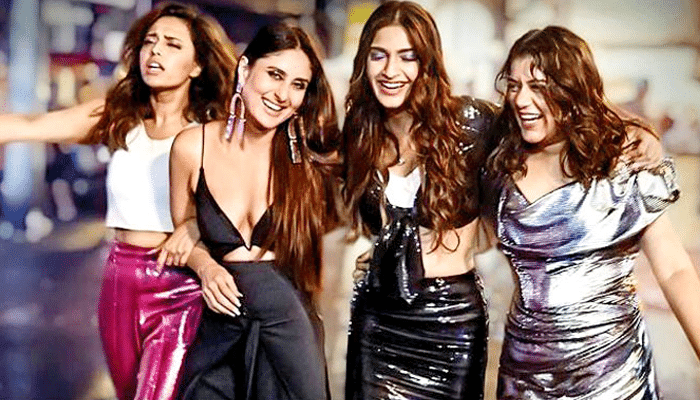As Satya celebrates its 25th anniversary, the film continues to be hailed as a cult classic that redefined the crime genre in Indian cinema.
Directed by Ram Gopal Varma, Satya brought forth an ensemble cast, gripping storytelling, and unforgettable characters. However, the journey of creating this cinematic marvel was not without its share of anecdotes and behind-the-scenes moments.
In a recent interview with Film Companion, actor Manoj Bajpayee shared a fascinating story about sourcing costumes for his character Bhiku Maatre, sparking a playful argument with director Ram Gopal Varma and co-star Shefali Shah.

He mentioned that there were no dedicated costume designers in those days, and Ram Gopal Varma instructed him to collect ₹20,000 from a production member for his costumes. Bajpayee took on the challenge and headed to Hill Road, a popular shopping district in Mumbai, where he found flashy shirts and other outfits that ideally suited Bhiku Maatre’s flamboyant personality. To his surprise, Bajpayee managed to purchase the entire wardrobe within the allocated budget of ₹20,000.
Upon hearing Manoj Bajpayee’s account of street shopping Ram Gopal Varma and Shefali Shah, suggested that if Bajpayee had resorted to street shopping, he would have acquired the entire wardrobe for a significantly lesser amount than ₹20,000.
In the candid interview, director Ram Gopal Varma also shared an amusing anecdote about the reason behind naming his film Satya.
Varma revealed that there was no specific protagonist in his mind when he chose the title, as the film belonged to every character. However, the name Satya belonged to a girl who he had been in love with during his college days. To impress her, Varma decided to use her name for the film, unaware of the incredible impact it would have on Indian cinema.
Varma also shared his dissatisfaction with Gulzar’s lyrics, highlighting his belief in an alternative version penned by Vishal Bhardwaj.
During the interview, Varma expressed his disappointment with Gulzar’s lyrics for ‘Goli Maar Bheje Mein.’ His candid remark, “Gulzar scre**d it up,” reflected his artistic integrity and the courage to voice his dissatisfaction openly. Actor Manoj Bajpayee felt embarrassed and responded, “That’s Ramu for you.“
Artistic expression is highly subjective in filmmaking, music, or any other creative form. Varma’s assertion that Vishal Bhardwaj’s alternative lyrics were superior to Gulzar’s. He then enthusiastically sang, “Gham ke neeche bamb laga ke rum udaa de,” emphasizing his belief that it was a superior line even after the song had achieved blockbuster status.
Furthermore, Varma shared an interesting insight into his interaction with Gulzar while narrating the story of Satya. He revealed that Gulzar’s initial reaction upon hearing the story was, “Arey, bahut log mar gaye” (Oh! So many died).
The Legacy of Satya
Released in 1998, the film shattered traditional Bollywood conventions by introducing a realistic portrayal of the Mumbai underworld. Satya showcased the harsh realities of crime, power struggles, and corruption, offering a gripping narrative that captivated audiences. The film’s raw intensity, authentic dialogues, and stellar performances by the ensemble cast propelled Satya into the pantheon of cinematic brilliance.
Character’s Depth and Performances
Satya’s characters and the performances delivered by the cast were instrumental in its success. Manoj Bajpayee’s portrayal of Bhiku Maatre remains one of his career-defining performances, capturing the essence of the character’s volatile nature. Shefali Shah brought strength and complexity to her role as Manoj’s wife, complementing the film’s narrative with her powerful presence.
With his wit and humor, Saurabh Shukla’s Kallu Mama became an iconic character in the film. J.D. Chakravarthy’s portrayal of the titular character, Satya, showcased his transformation from an innocent outsider to a hardened gangster, displaying a range of emotions with precision. Urmila Matondkar’s performance as Vidya, Satya’s love interest, added a touch of vulnerability and compassion to the narrative.
‘Knock out’ Dialogues
The dialogues in Satya, penned by Saurabh Shukla and Anurag Kashyap, played a vital role in shaping the film’s impact. The dialogues captured the characters’ essence, motivations, and the gritty reality of the Mumbai underworld. Memorable lines like “Mumbai ka king kaun? Bhiku Maatre!” and “Mumbai ka har ek bachcha bhai bolta hai, main bhi bolta hoon” became ingrained in the audience’s memory, highlighting the brilliance of the writing.
Satya’s 25th anniversary brings forth a renewed appreciation for its remarkable storytelling, memorable characters, and impactful performances. The behind-the-scenes anecdotes offer a glimpse into the camaraderie and creative process behind the film. Satya’s legacy as a game-changer in Indian cinema remains intact, inspiring a generation of filmmakers and setting new standards for gritty and realistic storytelling.



